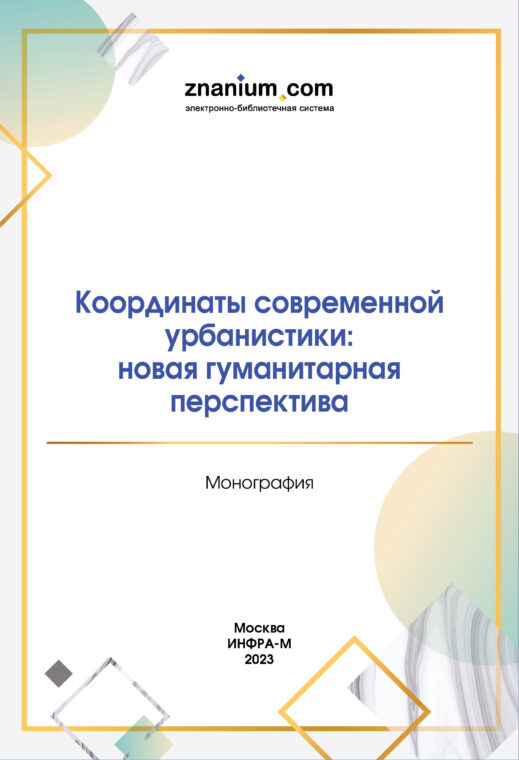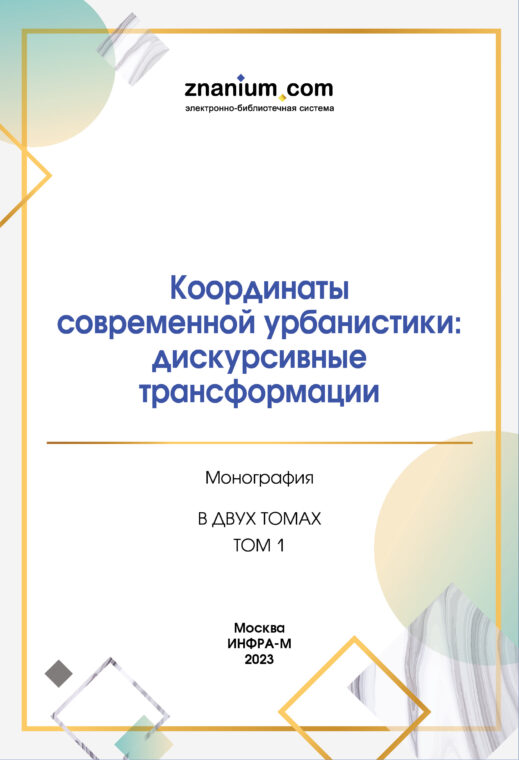A Humanitarian Analytics Project Office at the Institute of Humanities of Moscow City University has compiled a comprehensive two-volume monograph titled “Coordinates of Modern Urbanism: Discursive Transformations.”
The research model of Modern Urbanism examines the city as a discourse, offering scholars from various fields a systematic framework for interpreting urban processes and phenomena. It emphasises the unity of science, education, creativity, and social communication. The first volume of the monograph focuses on the Volgograd and Nizhny Novgorod regions, exploring the socio-cultural foundations of urban discourse. Additionally, the volume delves into the socio-economic aspects of urbanization. It addresses key civilizational trends in urbanism, such as ecourbanism, scientific advancements, and the digitalisation of urban life. These topics are explored through various forms of communication, including speeches, icons, and imagery. Consequently, the monograph highlights the importance of developing the city’s brand not only as a tourist destination but also as a subject of effective management.
1st and 2nd volumes of the monograph
In the second volume of the monograph, the examination of social dynamics in modern cities and the transformative processes related to politics, economics, and high-tech technologies brings the issues of humanistic worldview and global relations to a new level within an urban context. The rapid growth and increasing importance of cities have made it inevitable to consider humanistic problems within the urban lifestyle. Nowadays, it is difficult to imagine education, scientific advancements, culture, and art without their connection to urban living. The works of renowned humanists such as Fedor Dostoevsky, Albert Camus, and Umberto Eco serve as a foundation for interpreting urban discourse as a realm that intersects cognition and communication, bridging the biological and social, cultural, and technological aspects into a unified system.
Introducing a fresh humanitarian perspective for studying urban discourse, the project office of humanitarian analytics at MCU’s Institute of Humanities proposes, in the monograph, a resolution to the challenges of algorithmising urban research. It explores the quest for a balance between ethics and technology, as well as the identification of a new role for humans in the era of digital diagnostic systems and the integration of computer algorithms into established methods of studying urban discourse.
The monograph delves into the value system and humanistic foundations of urban civilization, exploring the city as an educational hub and analyzing its developmental trends. It presents a humanitarian perspective of urban discourse, encompassing areas such as humanitarian law, receptive aesthetics, the sports and Olympic movement, digital technologies, and a multicultural approach.
The authors of the monograph include representatives from universities and scientific organizations in various cities including Moscow, Samara, Vladimir, Nizhny Novgorod, Yekaterinburg, Kemerovo, Bryansk, Kazan, Volgograd, Krasnodar, Ryazan, St. Petersburg, Makhachkala, Irkutsk, and Kaliningrad. There are also contributions from international authors representing Belarus (Minsk, Gomel, Mogilev), China, and Italy. Roberto Cipriani, a professor at Roma Tre University, specifically discusses the trends in the development of diffuse religion in a newly urbanised society.
The monograph includes an author’s index at the end of each volume, providing more detailed information about the contributors. It is valuable for us that representatives of education, research centers, students and young scientists presented their research data, received feedback from colleagues and new guidelines. The research presented in the monograph was supported by the Russian Science Foundation under the scientific project No. 23-18-288 titled “Discursive Transformations of a Modern City: Coordinates of Russian Urbanism”.
Photo: MCU, Unsplash



